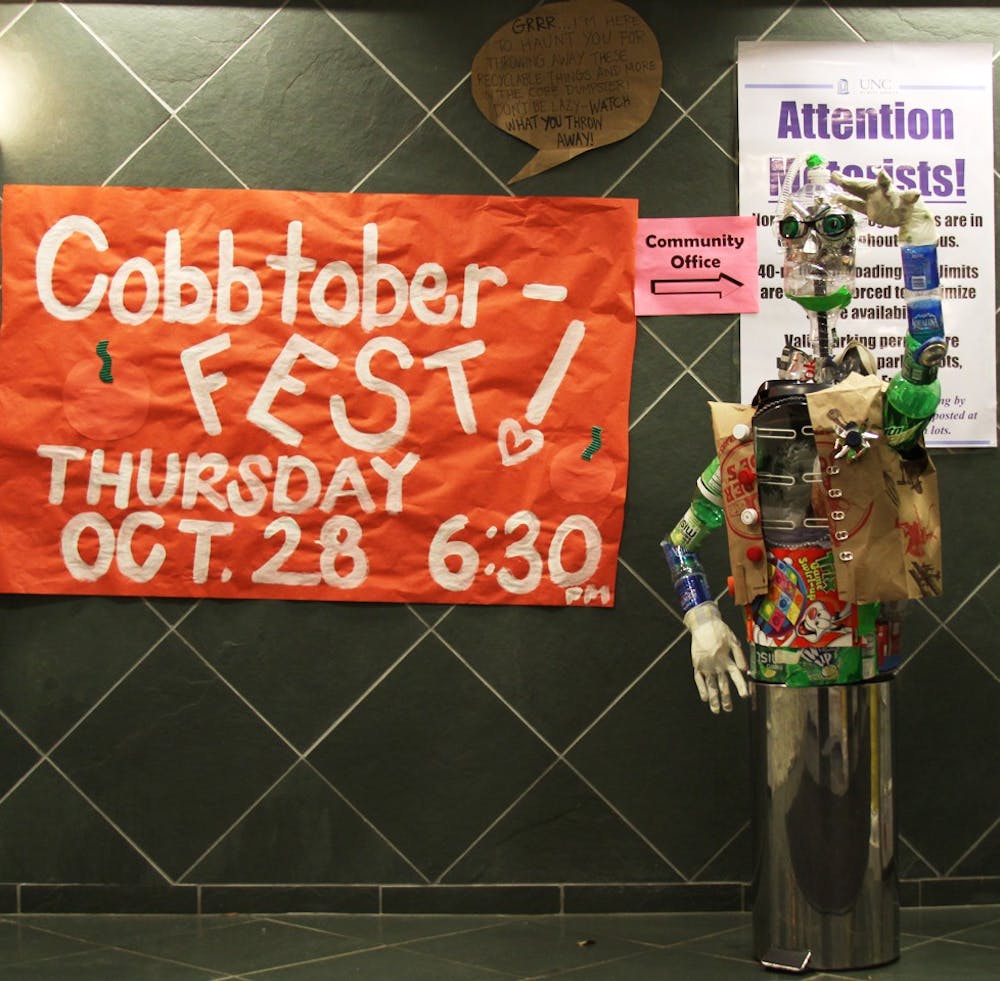Despite a year-long debate over tactics to decrease the local deer population, officials from Carrboro and Chapel Hill have yet to find a practical solution to the growing problem.
The towns’ leaders said they are waiting for community feedback before they install any permanent measures, but they have excluded a popular option some neighborhoods are calling for — an urban archery program — saying the solution isn’t a viable one.
Butch Kisiah, director of Chapel Hill’s Parks and Recreation Department, said the town has posted information on its website about other actions residents can take, like using deer repellent, planting vegetation that deer don’t eat and building fences.
“We want to see what happens when people do things for themselves, and we’ll come back to have people give us their opinions,” Kisiah said.
He said the Chapel Hill Town Council will hold a public meeting near March to allow residents to comment on how effective or problematic the town’s guidelines are.
But some residents are frustrated by the council’s lack of leadership in taking decisive action on the area’s deer problem.
Tom Henkel, a resident of Mount Bolus Road who has been actively involved with the urban archery dispute since last October, said the town’s political leadership needs to be ahead of its constituents.
“The council seems to be waiting for a human outcry from the residents,” Henkel said.
The urban archery program, which was created by the North Carolina Wildlife Resource Commission, brings in licensed archers to cull the deer population in places where there aren’t many residents who hunt.



